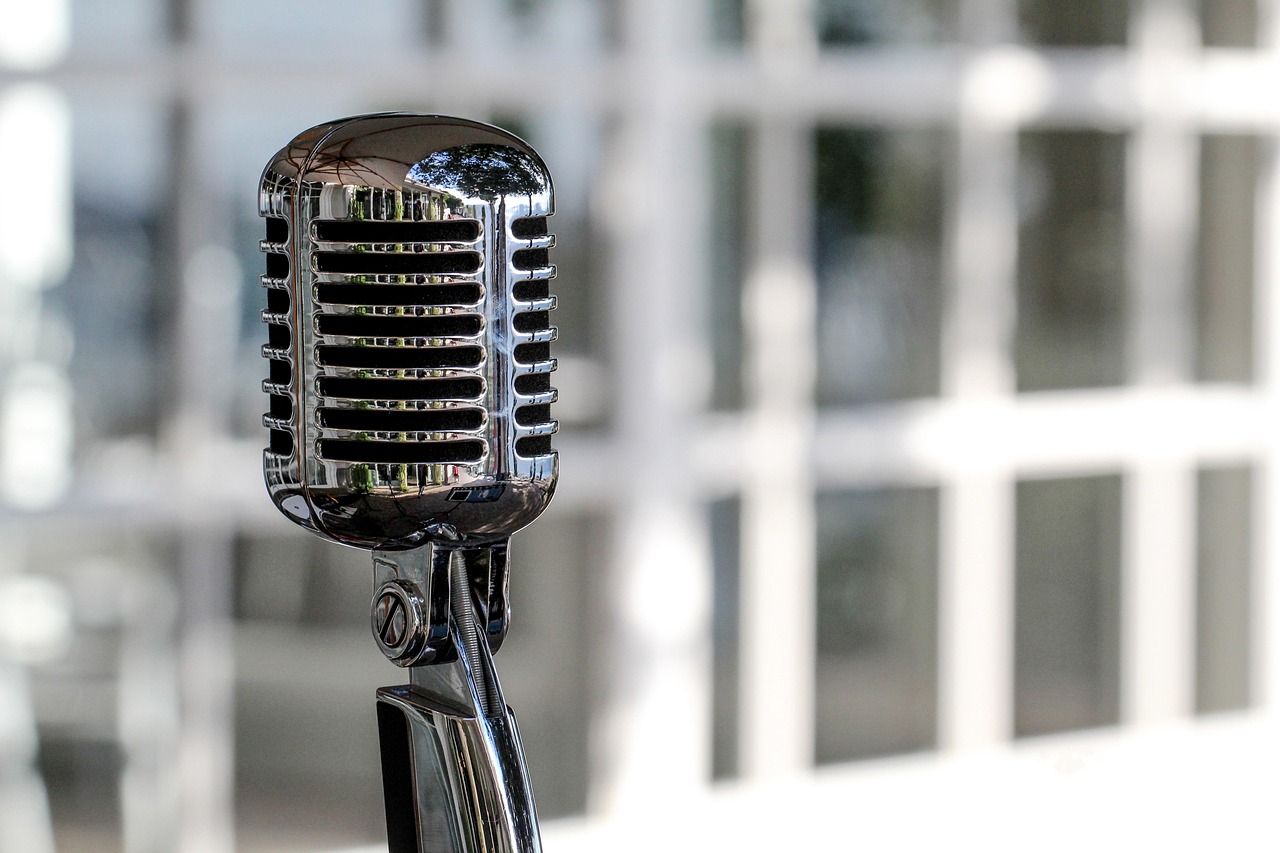World
Press Group Demands DRC Reopen Radio Station and Free Journalists

The Committee to Protect Journalists (CPJ) has called on officials in the Democratic Republic of the Congo (DRC) to reopen the shuttered radio station, Radio Nsenda Muana, and release the journalists who were detained following a controversial broadcast. The appeal came after the station was suspended by the local mayor, Gérard Tshibanda Kabwe, for allegedly inciting tribal hatred.
This situation escalated after a program aired on July 28, 2023, where listeners criticized Mayor Kabwe. In response, he issued an order to suspend the station indefinitely, claiming it encouraged tax evasion and tribal discord. The station’s management has denied these allegations and stressed the fundamental role of media in fostering public discourse on critical issues.
On July 31, police conducted a raid on Radio Nsenda Muana, locking its doors and detaining three journalists. The actions have drawn condemnation from various organizations, including the Observatory for Press Freedom in Africa (OLPA) and the Higher Council of Audiovisual and Communication. OLPA characterized the suspension as a significant obstruction to the free flow of information and a violation of the rights to freedom of expression and access to information, as stipulated in DRC law and international human rights standards.
Calls for Reinstatement and Release
In a statement, Angela Quintal, the CPJ’s regional director, emphasized that DRC authorities must reverse the suspension of Radio Nsenda Muana. She stated that journalists should not face criminal charges for holding government officials accountable. Quintal highlighted the essential role that media plays in facilitating public discussion on collective interests.
The mayor’s decision to suspend the station has faced backlash from the National Press Union of Congo, which demanded that Kabwe rescind his order. They threatened to cease coverage of his administration if he did not comply. Nevertheless, Kabwe defended his actions, claiming he had previously warned the reporters against making unfounded criticisms of the Union for Democracy and Social Progress party.
While pressure from various organizations led to the release of the detained journalists on August 4, the radio station itself remains closed. This ongoing situation is emblematic of broader concerns regarding media freedom in the DRC, where civil society activists and human rights defenders have called for the government to uphold fundamental rights amid rising violence linked to the conflict involving Congolese security forces and the M23 rebel group, which is reportedly backed by Rwanda.
The international community continues to monitor the situation closely, urging the DRC to respect human rights and ensure the safety of journalists. The fate of Radio Nsenda Muana serves as a critical test of the DRC’s commitment to freedom of expression and the protection of press freedoms in a challenging environment.
-

 Lifestyle5 months ago
Lifestyle5 months agoLibraries Challenge Rising E-Book Costs Amid Growing Demand
-

 Sports4 months ago
Sports4 months agoTyreek Hill Responds to Tua Tagovailoa’s Comments on Team Dynamics
-

 Sports4 months ago
Sports4 months agoLiverpool Secures Agreement to Sign Young Striker Will Wright
-

 Lifestyle4 months ago
Lifestyle4 months agoSave Your Split Tomatoes: Expert Tips for Gardeners
-

 Lifestyle4 months ago
Lifestyle4 months agoPrincess Beatrice’s Daughter Athena Joins Siblings at London Parade
-

 Science4 months ago
Science4 months agoSan Francisco Hosts Unique Contest to Identify “Performative Males”
-

 World4 months ago
World4 months agoWinter Storms Lash New South Wales with Snow, Flood Risks
-

 Science5 months ago
Science5 months agoTrump Administration Moves to Repeal Key Climate Regulation
-

 Business5 months ago
Business5 months agoSoFi Technologies Shares Slip 2% Following Insider Stock Sale
-

 Science5 months ago
Science5 months agoNew Tool Reveals Link Between Horse Coat Condition and Parasites
-

 Sports5 months ago
Sports5 months agoElon Musk Sculpture Travels From Utah to Yosemite National Park
-

 Science5 months ago
Science5 months agoNew Study Confirms Humans Transported Stonehenge Bluestones









